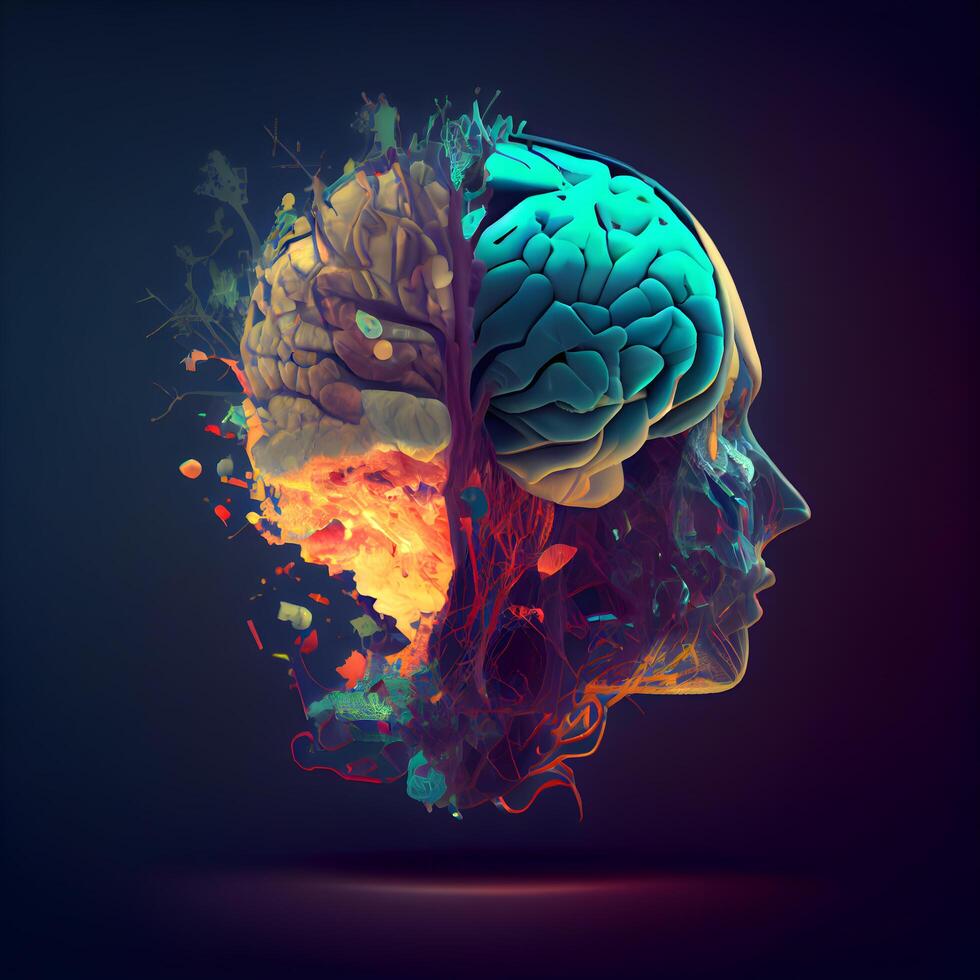Psychology is one of the most fascinating subjects, providing profound insights into human behavior, thoughts, and emotions. Reading psychology books not only deepens our understanding of ourselves but also enhances our ability to interact effectively with others. Here’s a list of seven must-read psychology books that offer deep dives into human nature, mental health, and the complexities of our minds. These books provide both foundational knowledge and advanced insights, helping readers develop a better understanding of psychological principles.
1. Thinking, Fast and Slow by Daniel Kahneman
Daniel Kahneman, a Nobel Prize-winning psychologist, introduces readers to two modes of thinking: fast, intuitive thinking, and slow, deliberate thinking. This book is a deep exploration of how these two systems shape our judgments, decisions, and behavior.
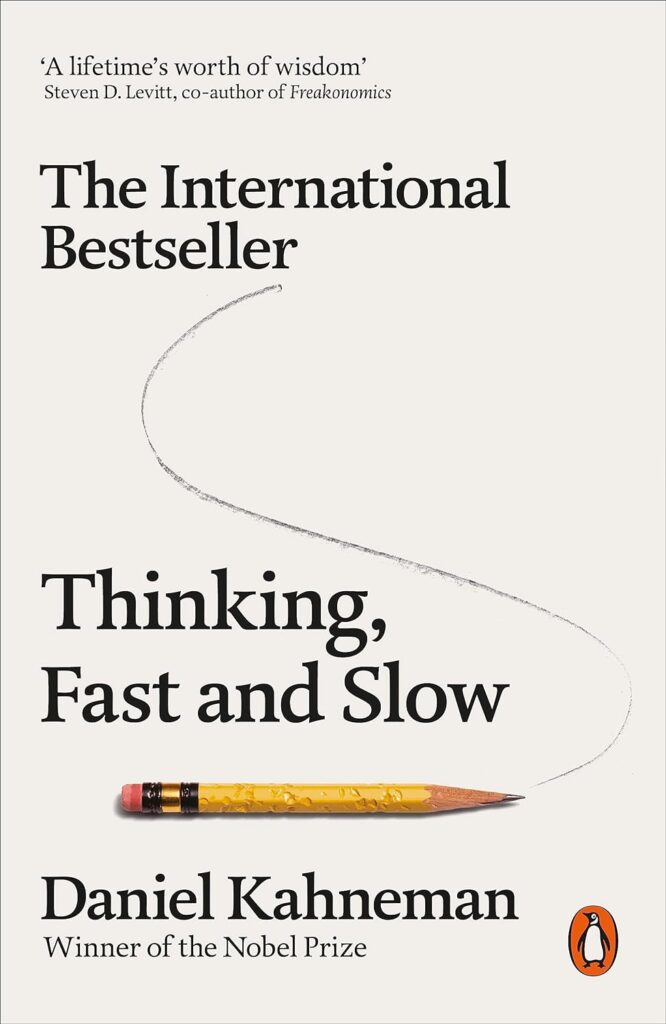
Key Insights:
- System 1 vs. System 2 Thinking: Kahneman breaks down how we rely on both fast, automatic thinking and slower, logical reasoning. System 1 is impulsive and reactive, while System 2 is more deliberate and logical. Understanding these modes helps readers become more aware of their own decision-making processes.
- Cognitive Biases: Kahneman delves into common cognitive biases, such as anchoring and confirmation bias, and explains how these affect our everyday judgments.
Benefits of Reading:
This book is ideal for anyone looking to enhance their decision-making skills, become more self-aware of their cognitive processes, and understand the psychology behind human choices. Whether in business, personal life, or academics, the insights are universally applicable.
Buy Link – Thinking, Fast and Slow: Daniel Kahneman
2. The Power of Habit by Charles Duhigg
In The Power of Habit, Charles Duhigg uncovers the science behind why habits exist and how they can be changed. This book sheds light on how habits shape our lives and offers practical strategies for harnessing the power of habit formation.
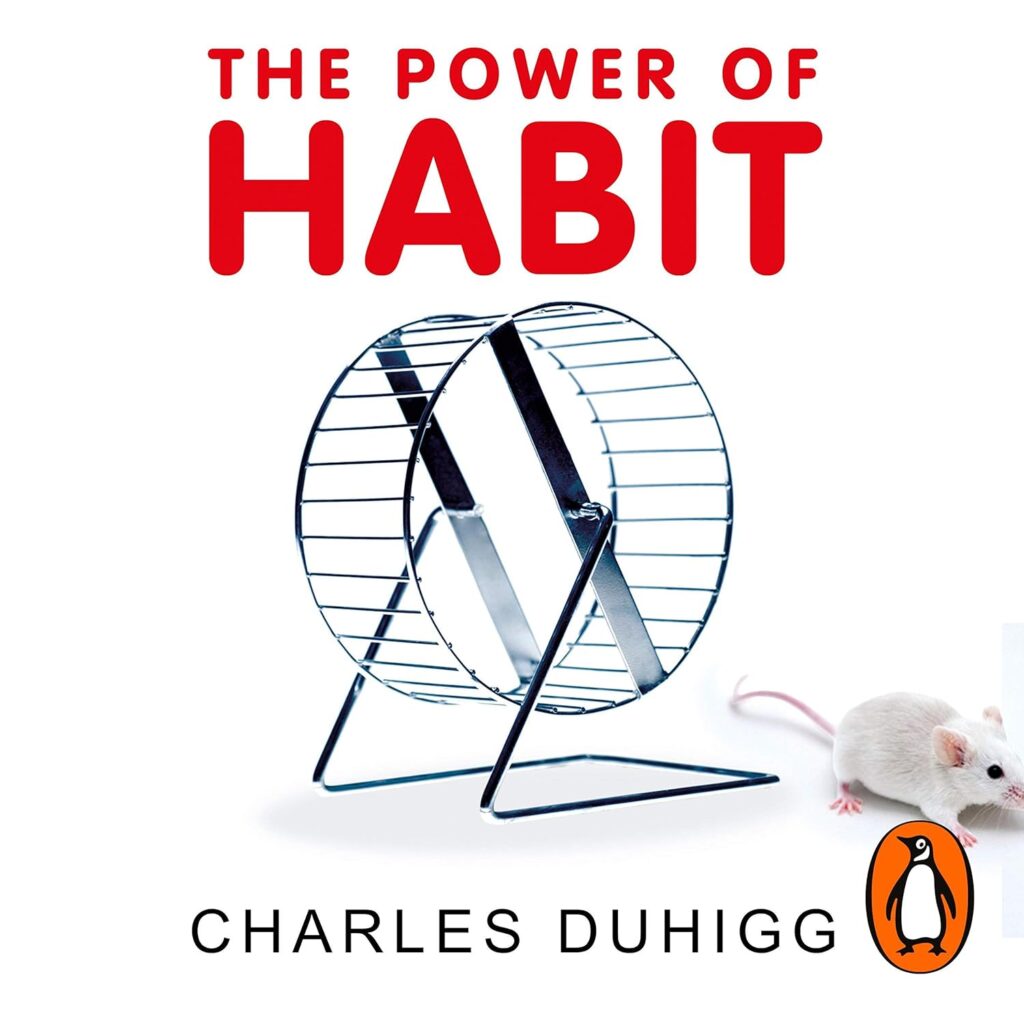
Key Insights:
- The Habit Loop: Duhigg introduces the concept of the habit loop, which consists of a cue, routine, and reward. By understanding this loop, readers can identify and modify their habits.
- Keystone Habits: Some habits, referred to as keystone habits, have the power to influence many other areas of life, such as exercise, productivity, and eating habits.
Benefits of Reading:
Readers will learn how to break negative patterns and create new, positive habits that promote productivity and personal growth. This book is essential for anyone aiming to achieve lasting behavioral changes.
Buy Link – The Power of Habit: Why We Do What We Do, and How to Change
3. Influence: The Psychology of Persuasion by Robert B. Cialdini
Robert Cialdini’s Influence is a classic in understanding the psychology behind persuasion. Whether in sales, marketing, or everyday interactions, the ability to influence others is an invaluable skill.
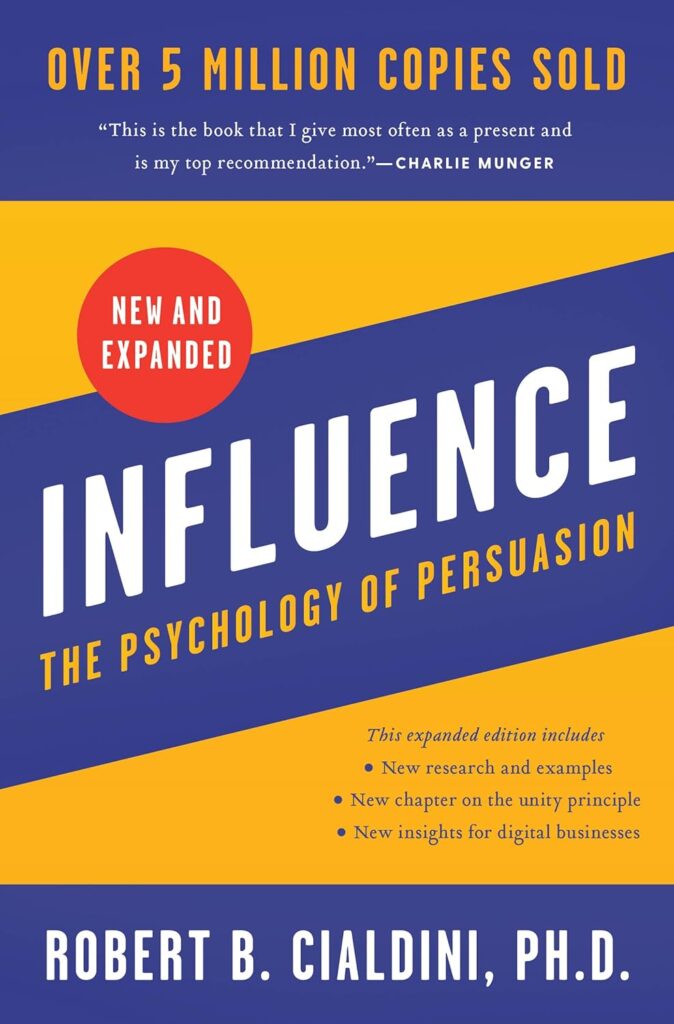
Key Insights:
- Six Principles of Persuasion: Cialdini outlines six key principles of persuasion—reciprocity, commitment, social proof, authority, liking, and scarcity. These principles explain how and why people are influenced to say “yes.”
- Real-World Examples: Cialdini provides vivid examples from various industries, illustrating how these persuasion techniques are used in real life.
Benefits of Reading:
By mastering these principles, readers can become more persuasive in both personal and professional settings. The book is particularly useful for anyone in leadership, sales, or marketing roles, where influencing others is crucial.
Buy Link – Influence : The Psychology of Persuasion
4. Man’s Search for Meaning by Viktor E. Frankl
A deeply moving and philosophical book, Man’s Search for Meaning by Viktor Frankl explores how individuals can find meaning in the face of suffering. Based on Frankl’s experiences in Nazi concentration camps, this book offers profound insights into resilience, purpose, and human motivation.
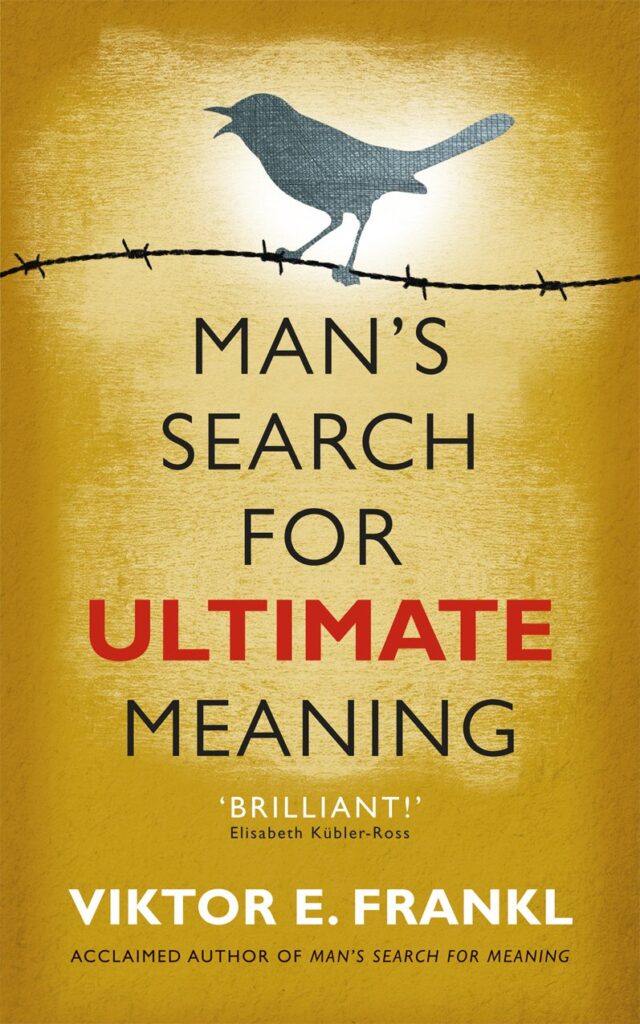
Key Insights:
- Logotherapy: Frankl introduces his theory of logotherapy, which focuses on finding meaning as the primary driving force in human life.
- Suffering and Purpose: Frankl explains that even in the most dire circumstances, individuals can find meaning and purpose, which helps them endure suffering.
Benefits of Reading:
This book offers readers a framework for navigating life’s challenges and finding meaning even in difficult situations. It is especially impactful for those searching for deeper purpose in life or coping with hardship.
Buy Link – Man’s Search for Meaning
5. Emotional Intelligence: Why It Can Matter More Than IQ by Daniel Goleman
Daniel Goleman’s book on emotional intelligence (EQ) revolutionized how we understand the role of emotions in our personal and professional lives. Goleman argues that emotional intelligence is a stronger predictor of success than IQ, particularly in social and leadership contexts.
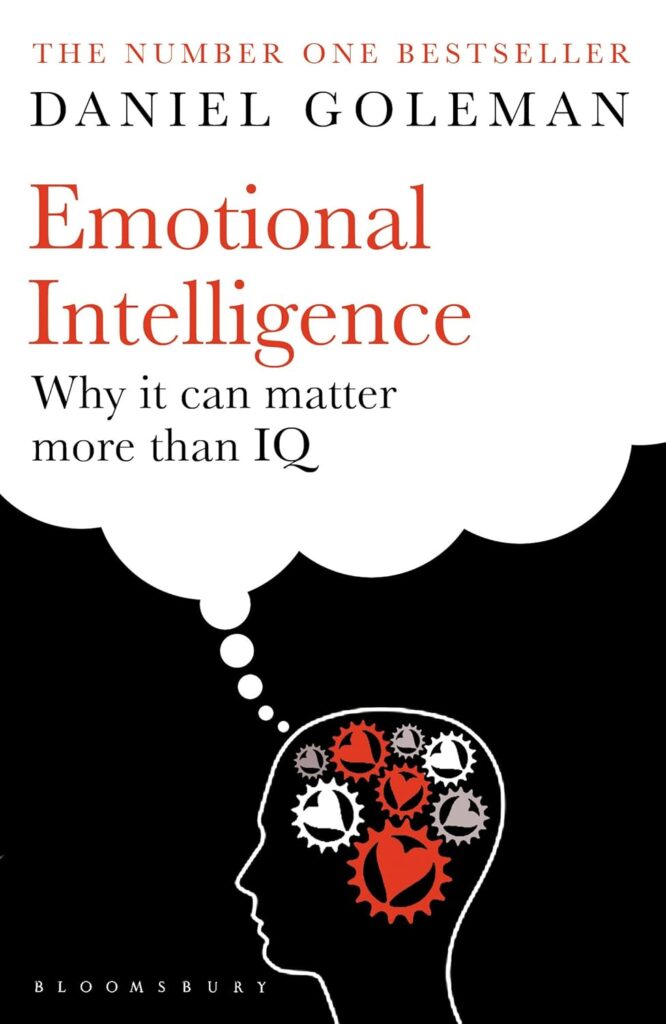
Key Insights:
- Five Components of Emotional Intelligence: Goleman highlights self-awareness, self-regulation, motivation, empathy, and social skills as key components of emotional intelligence.
- Impact on Success: High EQ individuals are better at managing relationships, handling stress, and making thoughtful decisions.
Benefits of Reading:
Understanding emotional intelligence equips readers to improve their interpersonal skills, leadership abilities, and personal relationships. This book is essential for anyone looking to excel in environments that require collaboration and communication.
Buy Link – Emotional Intelligence: Why it Can Matter More Than IQ
6. The Social Animal by Elliot Aronson
Elliot Aronson’s The Social Animal is a comprehensive exploration of social psychology and the forces that drive human behavior in social contexts. From attraction and prejudice to persuasion and conflict, Aronson delves into the science of human social interaction.
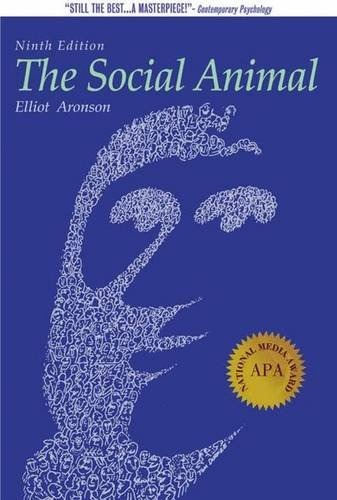
Key Insights:
- Group Dynamics: Aronson explains how groups influence individual behavior and decision-making, covering topics like conformity, obedience, and groupthink.
- Social Influence: The book details how social influences shape our behavior, including how we perceive ourselves and others in group settings.
Benefits of Reading:
Readers gain a deep understanding of social behavior, including how individuals are shaped by their environments. This book is a valuable resource for anyone interested in social dynamics, relationships, or social influence.
Buy Link – The Social Animal
7. The Body Keeps the Score by Bessel van der Kolk
Bessel van der Kolk’s The Body Keeps the Score is a groundbreaking book on trauma and its effects on both the mind and body. Van der Kolk explains how traumatic experiences are stored in the body and offers insights into healing through various therapeutic approaches.
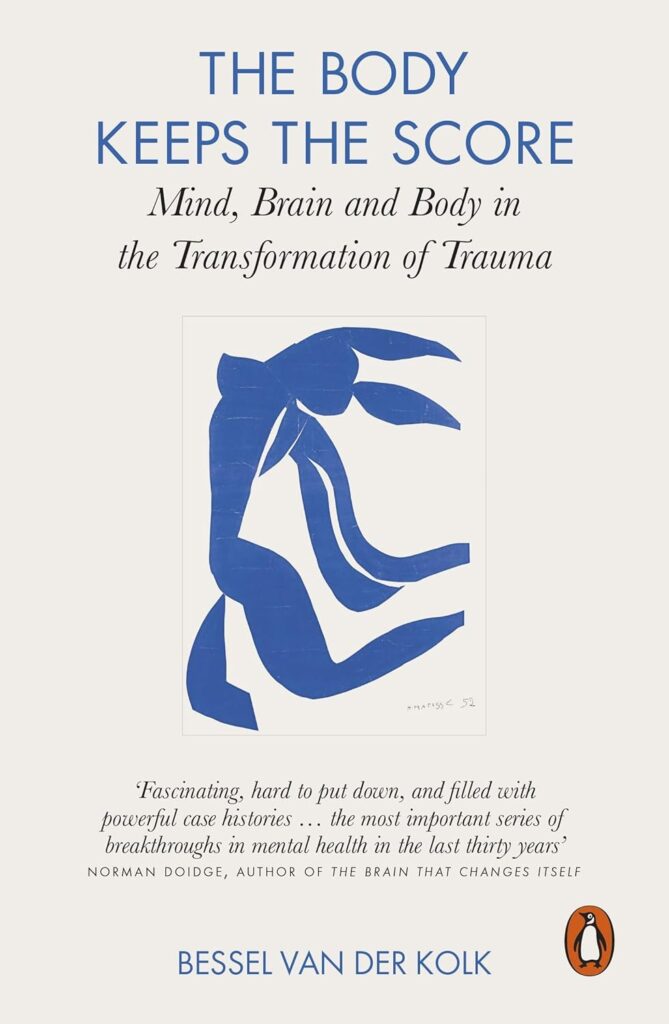
Key Insights:
- Trauma and the Brain: Van der Kolk describes how trauma rewires the brain, leading to long-lasting physical and emotional consequences.
- Healing Trauma: The book explores therapies such as EMDR (Eye Movement Desensitization and Reprocessing), yoga, and mindfulness, which can help trauma survivors heal.
Benefits of Reading:
This book is a must-read for anyone dealing with trauma or working in mental health. It provides a thorough understanding of how trauma affects the body and offers practical solutions for recovery.
Buy Link – The Body Keeps the Score: Brain, Mind, and Body in the Healing of Trauma
Conclusion
These seven psychology books offer a wealth of knowledge and insights into the human mind and behavior. From decision-making and habits to emotional intelligence and trauma, each book provides tools that can enhance your personal growth, professional success, and understanding of others.

